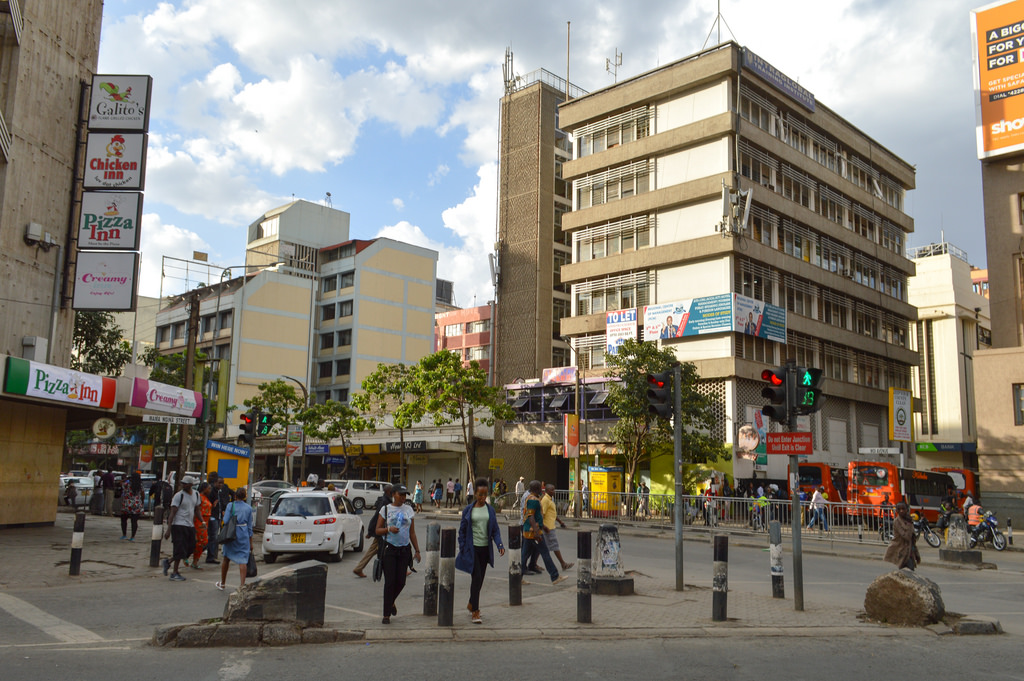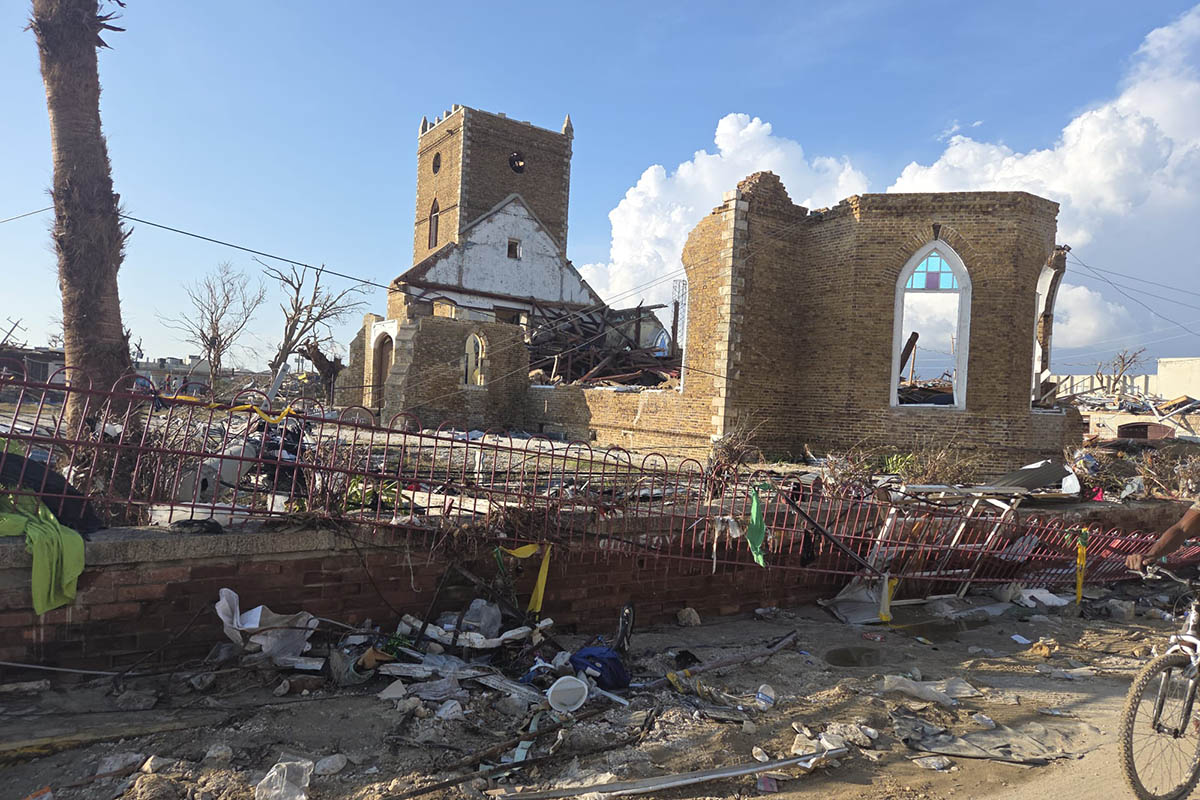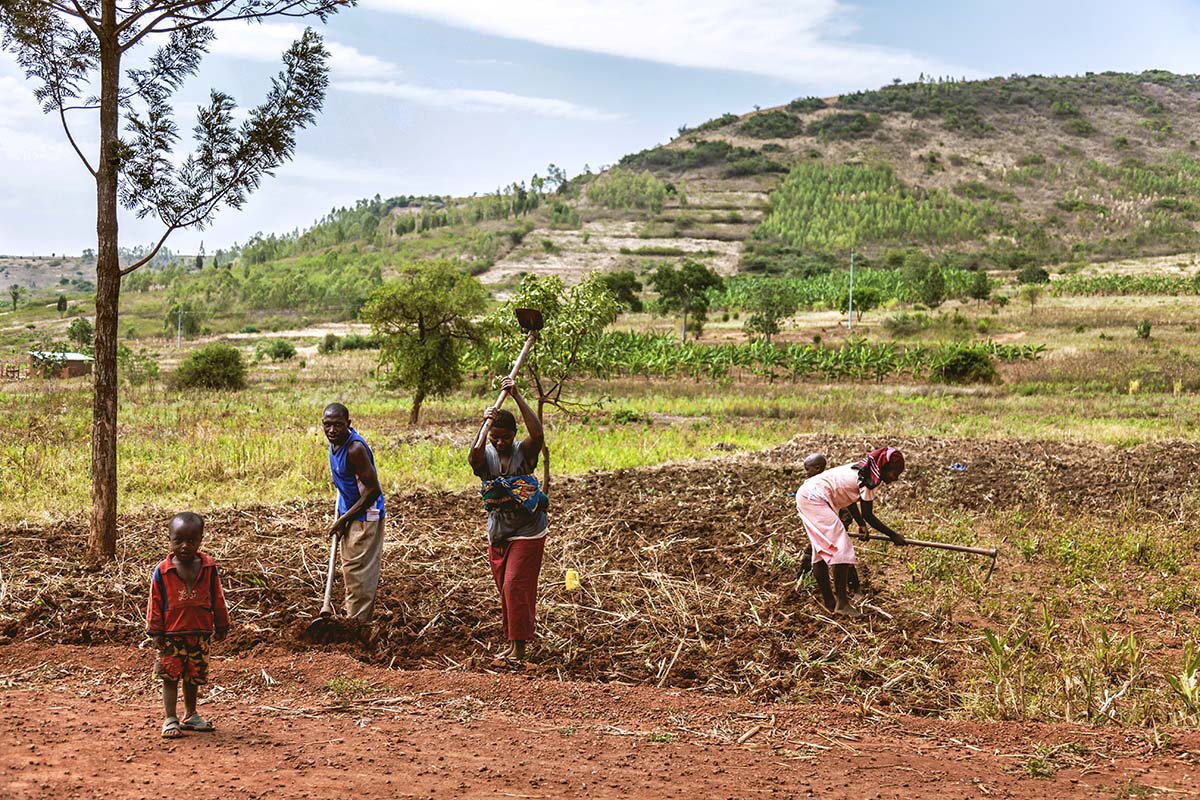“Economy and lives at stake in power tussle”
February 15 A divisive political situation threatens to damage ten years of economic and social progress in Kenya, writes Folmi Yohanna, 28, a Commonwealth Correspondent from Bauchi State in Nigeria.
A divisive political situation threatens to damage ten years of economic and social progress in Kenya, writes Folmi Yohanna, 28, a Commonwealth Correspondent from Bauchi State in Nigeria.
In recent times, Kenya has been regarded as one of the stable democracies in Africa, a regional player in East Africa, a major communications and logistics hub, and an emerging economic in Sub-Saharan Africa.
According to the latest World Bank annual ratings for 2018, “Doing Business 2018: Reforming to Create Jobs”, Kenya is ranked 80th out of 190 economies in the ease of doing business index.
After faltering economically in 2008 due to the political crisis it experienced in 2007 where more than 1000 people were killed, according to a “World Bank in Kenya” report, “economic growth has resumed, reaching 5.8 per cent in 2016 to place Kenya as one of the fastest growing economies in Sub-Saharan Africa. This expansion was boosted by a stable macroeconomic environment, low oil prices, a rebound in tourism, strong remittance inflows, and government-led infrastructure development initiatives.” (www.worlbank.org)
However, recent development in the country followed the 2017 election, which was annulled by the Supreme Court on September 1, 2017. Other events include the failure of President Uhuru Kenyatta to carry out the needed reforms within the electoral body. That led to opposition leader Ralia Odinga and his supporters boycotting the fresh election ordered by the Supreme Court, where Kenyatta was declared winner and sworn into office.
When it seemed like Ralia Odinga had given up, on 30 January, 2018, he conducted his own mock swearing in ceremony with thousands of his supporters present, giving Kenya a “parallel government”. This is worrisome. We are on the brink of history repeating itself if something is not done.
It is quite disheartening that Ralia Odinga and his supporters seem ready to repeat what happened in 2007. The blame cannot be squarely on Ralia Odinga and his supporters, however. The incumbent President played a part in Ralia Odinga’s action, as if President Kenyatta had carried out the necessary reforms to restore the confidence of Ralia Odinga and his supporters in the electoral process, Kenyans wouldn’t have found themselves in this situation, fearing an impending crisis because of the deep political and ethnic divisions in the country.
If this situation persists, it is going to be detrimental to Kenya’s economy. The growth experienced will begin to decline, the stability which led to Kenya becoming the fastest growing economy in Sub-Saharan Africa will be distorted, tourism will be affected, investors will be discourage and infrastructure development affected.
I am concerned because Kenya has shown that having sustained economic growth and development in Sub-Africa that affects citizens is not un-achievable. This is worth emulating by other countries in Sub-Saharan Africa. But this economic and development trajectory may be affected by the political crisis. Aside from the damage to be done to the economy, the number of lives and properties that will be destroyed if the crisis is not curtailed is something that should be of concern to all.
It makes me wonder if this quest for power is worth the lives of Kenyans, and crippling an economy that is flourishing and on the right trajectory – an economy envied by other countries in Sub-Saharan Africa region? The answer is in the negative. An urgent rescue mission is needed to forestall Kenya from falling into a state of lawlessness. This is the time for regional bodies such as the Africa Union and international communities to act – not just to pay lip service, but match words with action to stop this impending tragedy.
………………………………………………………………………………………………………………
About me: I am legal practitioner practicing in Nigeria. I would love to be at the top of my career and hopefully, publish books. Also, be an agent of positive change in Nigeria and the world.
I love reading, practicing my profession, doing voluntary humanitarian activities, watching and playing of football and I love playing video games.
…………………………………………………………………………………………………………………
Opinions expressed in this article are those of the author and do not necessarily represent the views of the Commonwealth Youth Programme. Articles are published in a spirit of dialogue, respect and understanding. If you disagree, why not submit a response?
To learn more about becoming a Commonwealth Correspondent please visit: http://www.yourcommonwealth.org/submit-articles/
…………………………………………………………………………………………………………………




